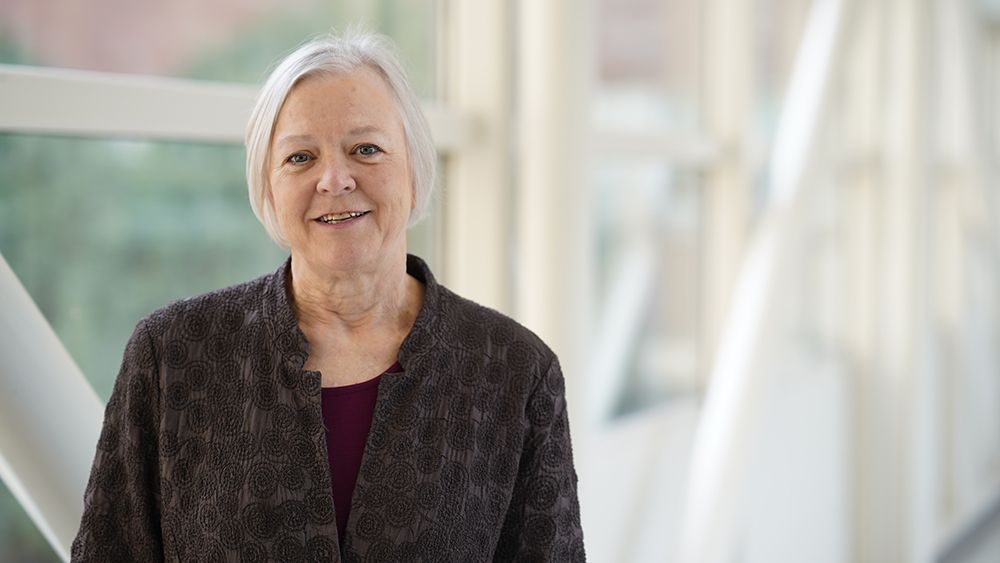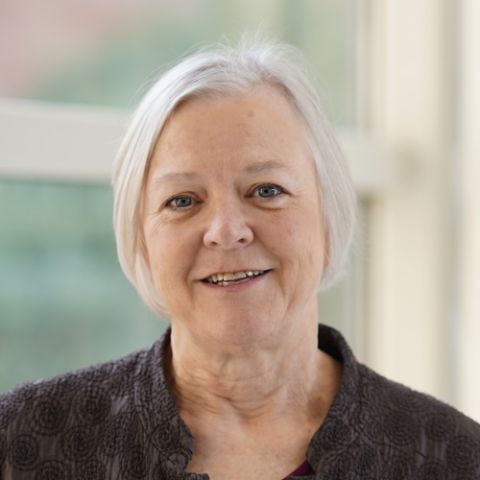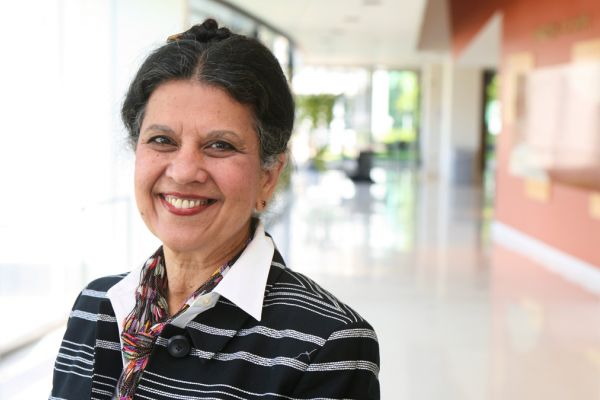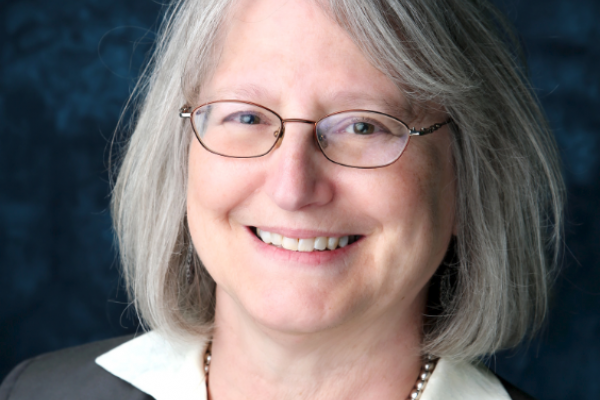Roswell Park’s Christine Ambrosone, PhD, admits she may not have pursued the most conventional route to becoming a leading breast cancer researcher. But for anyone who shares her passion to make a difference using science, she has this advice: “Follow your passion. Don’t ever think that you can’t. Just keep going and be persistent.”
Today, Dr. Ambrosone is Chair of the Department of Cancer Prevention and Control and co-founded the Molecular Epidemiology Group of the American Association for Cancer Research in 1999. But getting here, her life path led her through a number of interesting turns.
She entered the University at Buffalo in 1968 and found herself immersed in a student and faculty life that was focused on the Vietnam War. “I never made it through a full semester,” she recalls. “Instead, I got married, had kids, got divorced, and ended up waitressing to make a living. But I found I needed to do something more for my mind.”
That something began with an archeology course, chosen as much for her curiosity as the evening schedule that fit in between work and parenting. “I loved archeology, but knew it was not a practical career for me. Instead, I focused on medical anthropology. We learned of a disease in New Guinea, characterized by tremors and loss of coordination. It was the epidemiologists who figured out the cause by looking at who had it. In this case, it was only women and children who were diagnosed, and it was traced to a funeral ritual of eating a piece of brain when someone in the community died. This was my first awareness of the connections between anthropology and epidemiology and it woke a passion in me to do something that would involve studying relationships between disease and human habits.”
“I was waiting tables and taking one class at a time,” she says. “Eventually, I stepped up my pace.” She completed her bachelor’s degree, Phi Beta Kappa, summa cum laude in 1990. A frequent diner in the restaurant where she worked happened to be the late Edwin Mirand, PhD, DSc, then Dean of Students of Roswell Park’s graduate program. In her last year of undergraduate work, conversations with Dr. Mirand led her to apply and be accepted for a Roswell Park training grant program. Dr. Ambrosone earned her Master’s degree in three semesters and went on to get her PhD in 1995.
With her children now in college, Dr. Ambrosone joined the Division of Molecular Epidemiology at the National Center for Toxicological Research (NCTR) near Little Rock, Arkansas. “Much of my focus has been on understanding how genetics influences susceptibility. I am intrigued by why some people get cancer and others don’t. When I began working on my PhD, I applied that model to breast cancer and molecular epidemiology. Continuing that work at NCTR, I realized that breast cancer mortality is so much higher for black women than white women. There’s been an assumption that the high rate is related to poor access to health care and screenings, but the more I learned, it became clear that a particular type of breast cancer seemed to be more aggressive in black women than white women.”
New York Breast Cancer Study
Find out more about Dr Ambrosone’s ongoing study, The New York Breast Cancer Study.
Learn moreDr. Ambrosone’s work led her to become one of three principal investigators of the AMBER Consortium, a National Cancer Institute project dedicated to learning how genetic and non-genetic risk factors increase risk of aggressive breast cancer in African American women.
“As a consortium, we were able to pool three major studies of breast cancer in black women, including more than 4,000 women with breast cancer,” Dr. Ambrosone explains. “We learned that the risk of aggressive estrogen receptor negative (ER-) breast cancer was increased with having children and not breastfeeding. We were able to observe this because African American women are more likely to have more children, less likely to breastfeed and more likely to get estrogen negative disease.”
The results of the study were powerful, demonstrating that African American women who had children had reduced risk of ER positive cancer but increased risk of ER negative cancer. “At the same time, we also discovered that breastfeeding reduced risks for both groups, a huge finding when we realized the impact this research could make on public health,” she says. “As researchers, we do our work and write our papers but what we’re really looking for are ways to help people. Now we’re meeting with women leaders in the community, talking about how to promote support for breastfeeding and prevent this fatal type of breast cancer.”
In 2002, with an impressive publishing record (she currently has more than 360 peer-reviewed publications) and experience heading up the epidemiology program in the Derald H. Ruttenberg Cancer Center at the Mount Sinai School of Medicine in New York, Dr. Ambrosone was invited to bring her research back to Roswell Park. “I had gotten married and we had friends here, so I was very happy to come back to my city and Roswell Park, where I’d begun my work. This area of research is like being a detective and so enticing,” she says. “I started later in life. I was 45 when I got my PhD. So, I still feel I have a lot of work that I want to do.”




